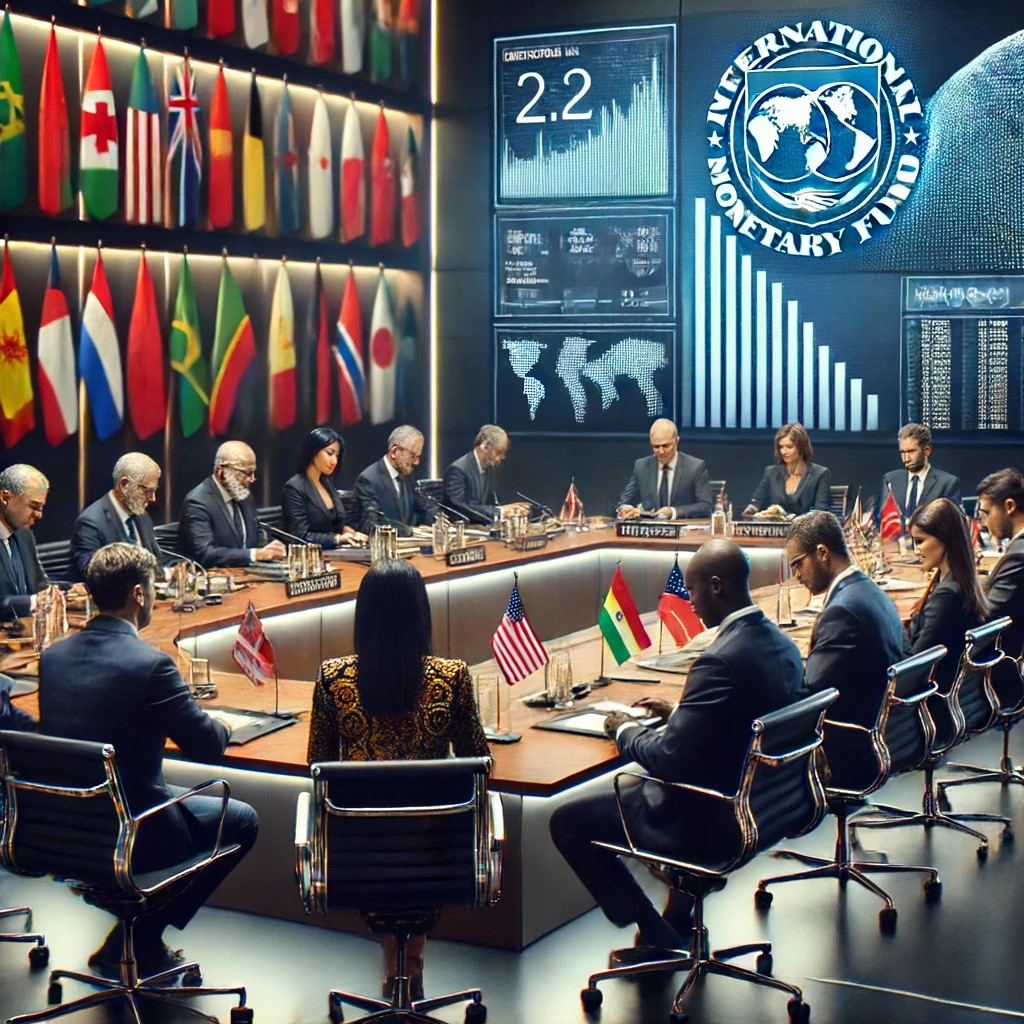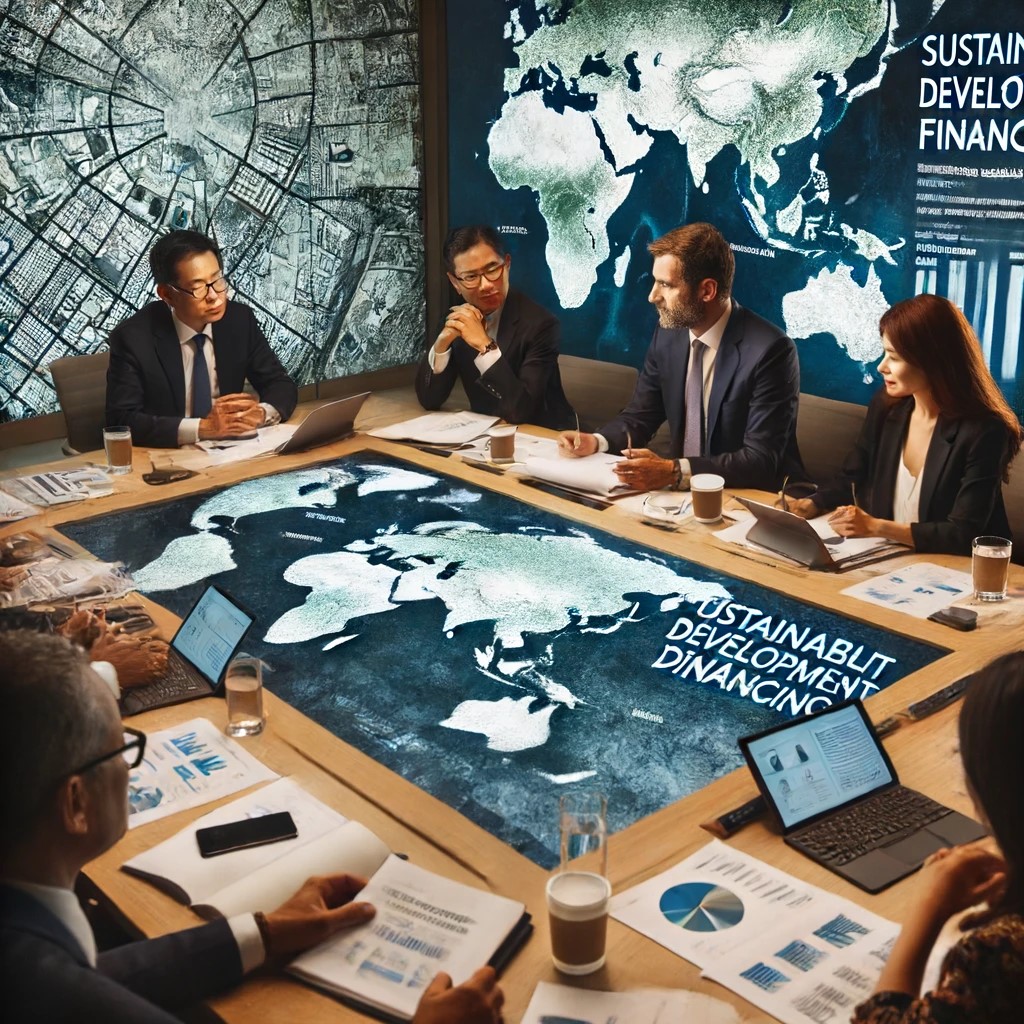In the interconnected world of global finance, international organizations play a pivotal role in maintaining financial stability. These institutions, which include the International Monetary Fund (IMF), the World Bank, and various regional development banks, are crucial in managing economic crises, providing policy advice, and offering financial assistance to countries in need. This article explores the current roles these organizations play, recent trends influencing their operations, and predictions for their future impact on global financial stability.

Current Role of International Organizations
1. Crisis Management:
International organizations are often the first line of defense against global economic instability. For instance, the IMF provides emergency financial assistance to countries facing balance of payments problems. This support is crucial in helping nations stabilize their currencies, rebuild reserves, and restore conditions for economic growth.
2. Facilitating International Trade and Investment:
The World Bank and regional development banks fund infrastructure and development projects that enhance economic capabilities of nations, thereby promoting international trade and investment. Projects focusing on transportation, energy, and digital infrastructure are common, facilitating smoother trade flows and integration into the global economy.

Trends Influencing International Financial Organizations
1. Increasing Focus on Sustainable Development:
There's a growing trend towards promoting sustainable and environmentally friendly development. International financial institutions are increasingly prioritizing projects that support sustainable energy, climate change mitigation, and resilience to environmental impacts.
2. Digitalization:
Digital technologies are being leveraged to enhance the effectiveness of financial aid and policy implementation. Blockchain, for example, is being explored for its potential to increase transparency and reduce corruption in financial transactions.
3. Greater Emphasis on Inclusivity:
Efforts are being made to ensure that financial policies and interventions consider the needs of all segments of the population, including vulnerable and marginalized groups. This shift towards inclusivity is crucial in ensuring that the benefits of economic development are broadly shared.

Future Predictions for International Organizations
1. Enhanced Global Cooperation:
As global challenges like pandemics, climate change, and economic inequality transcend national borders, enhanced cooperation among international organizations, countries, and private sectors is expected to increase. This collaborative approach will be crucial in addressing complex global issues that affect financial stability.
2. Expanding the Scope of Activities:
International organizations are likely to broaden their focus, addressing issues like cybersecurity threats to financial systems, the economic implications of aging populations, and more. These evolving challenges will require new strategies and solutions.
3. Increased Resource Mobilization:
To effectively support their expanding role, these organizations will need to mobilize more resources. This may involve increased contributions from member countries, as well as innovative financing solutions such as issuing bonds or engaging more actively with private sector investors.
Conclusion
The role of international organizations in maintaining global financial stability is more critical than ever. As the world faces increasing economic, environmental, and technological challenges, the capacity of these institutions to adapt and respond effectively will be crucial. The future will likely see these organizations playing an even greater role in fostering global economic stability and development, making international cooperation paramount.





